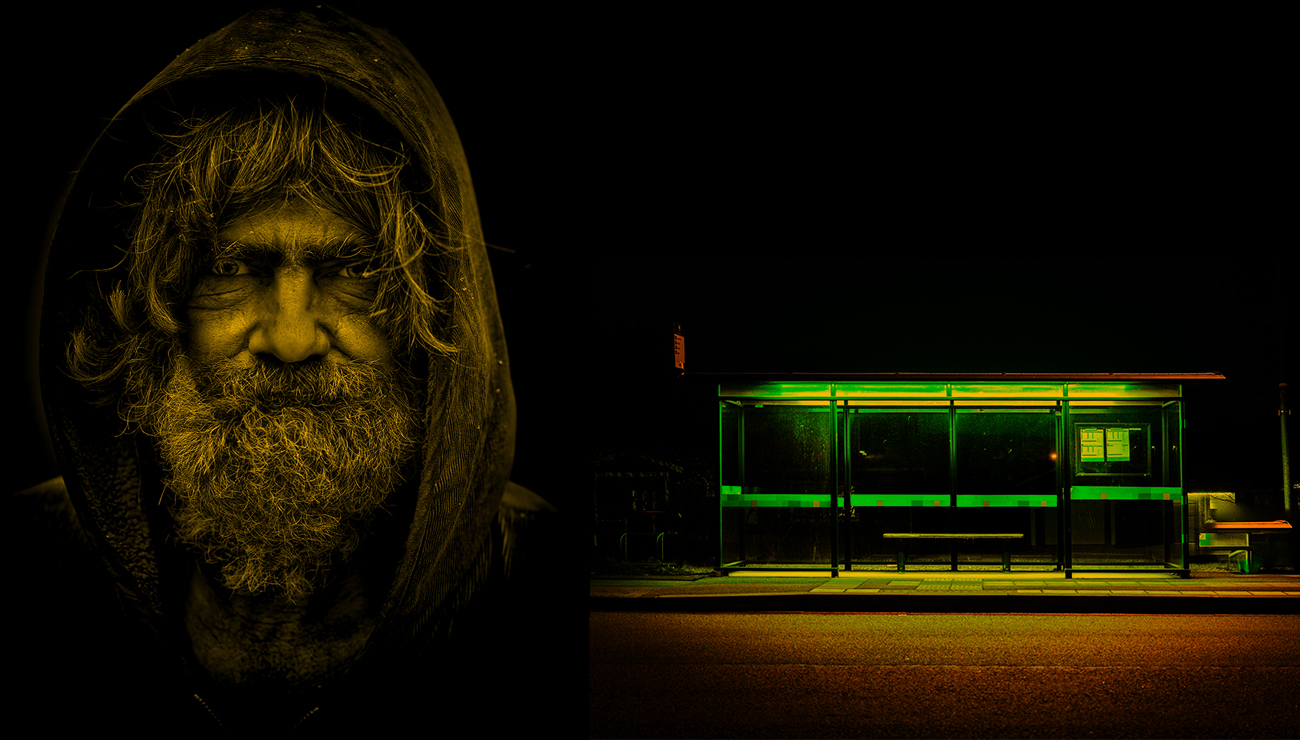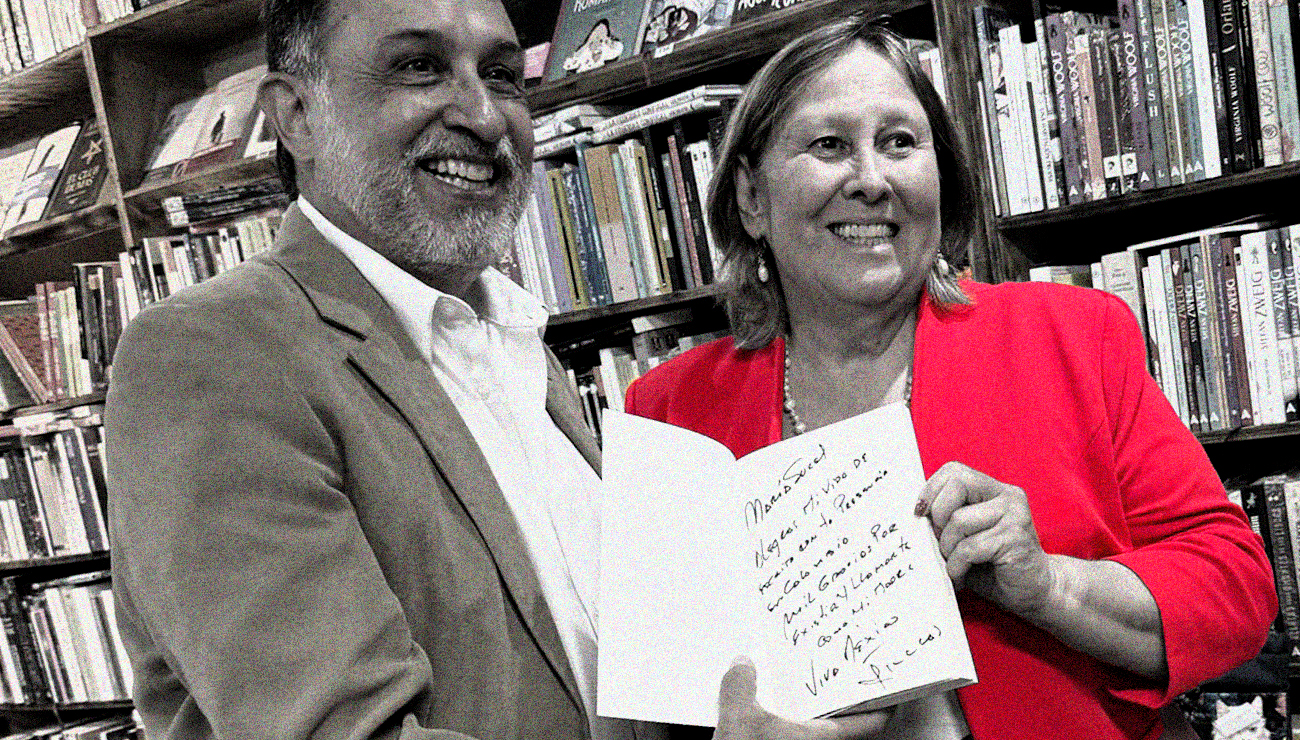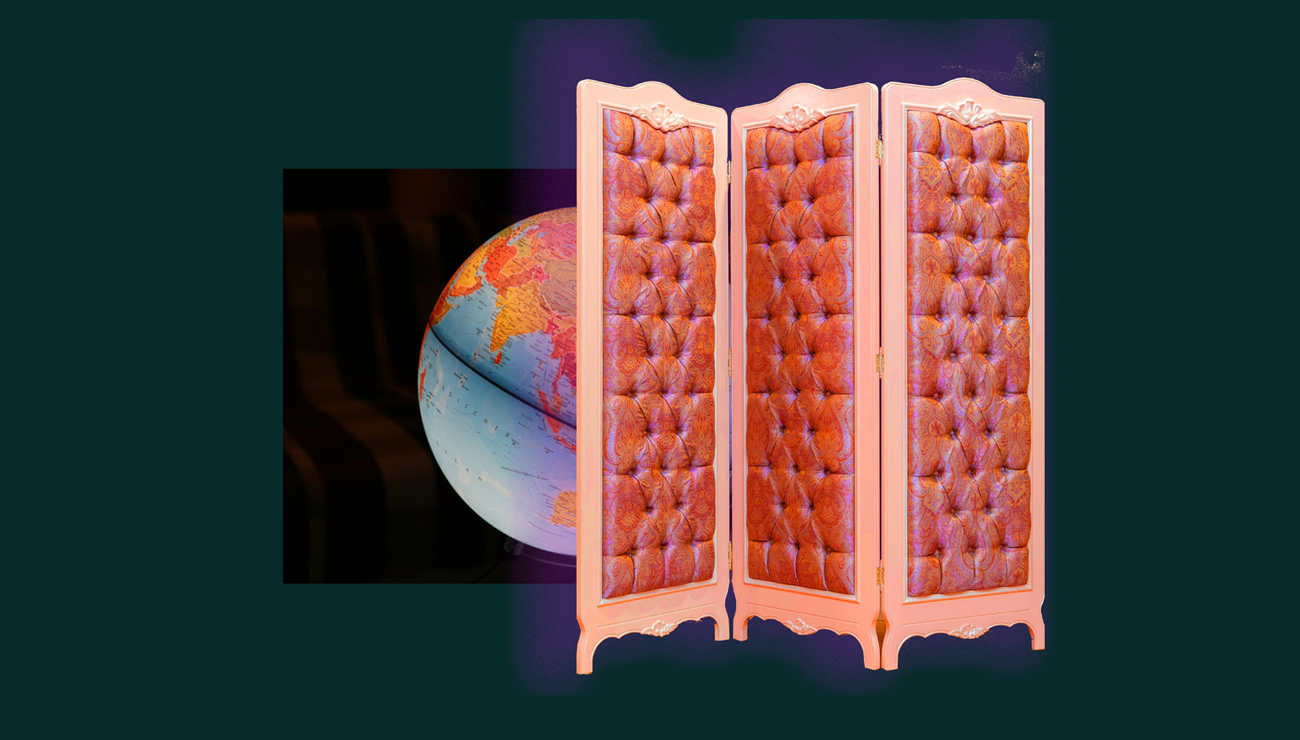
ORWELL, DANTE, AND THE EARTHLY GODS 2025
Author: ©2024 William Castano-Bedoya
THREE-MILE CHRONICLES:
“God, deliver us from all harm and danger.” That simple prayer was what my mother would say whenever thunder shook the skies of my childhood, and today I quietly repeat it during my daily three-mile walk, trying to quell a growing fear. It’s not that I disbelieve in the society I live in—one that has spent decades perfecting its institutions and setting an example for the world—but I am troubled by this newly elected earthly god whose very first acts in pre-governance reveal a haughtiness that prefers domination over service.
Finished reading and want more? Your next favorite story is just a click away.
Explore my books!
A Planetary Choreography: Each Tragedy Serves as a Screen to Hide Another
William Castaño
William Castaño-Bedoya is an American writer based in Coral Gables, Florida. His literary fiction explores the ethical, psychological, and emotional structures that shape human relationships, focusing on love, vulnerability, and the tensions between power and compassion. His narrative voice is marked by interiority, silence, and moral inquiry, privileging emotional intelligence over spectacle. After a long career in marketing and creative leadership, he turned fully to literature, bringing a strategic understanding of contemporary human experience to his work. He is the author of several novels, including "The Intriguing Stillness of the Tides", "We the Other People", "Ludovico", "Flowers for Maria Sucel", "The Galpon", and "We’ll Meet in Stockholm".









